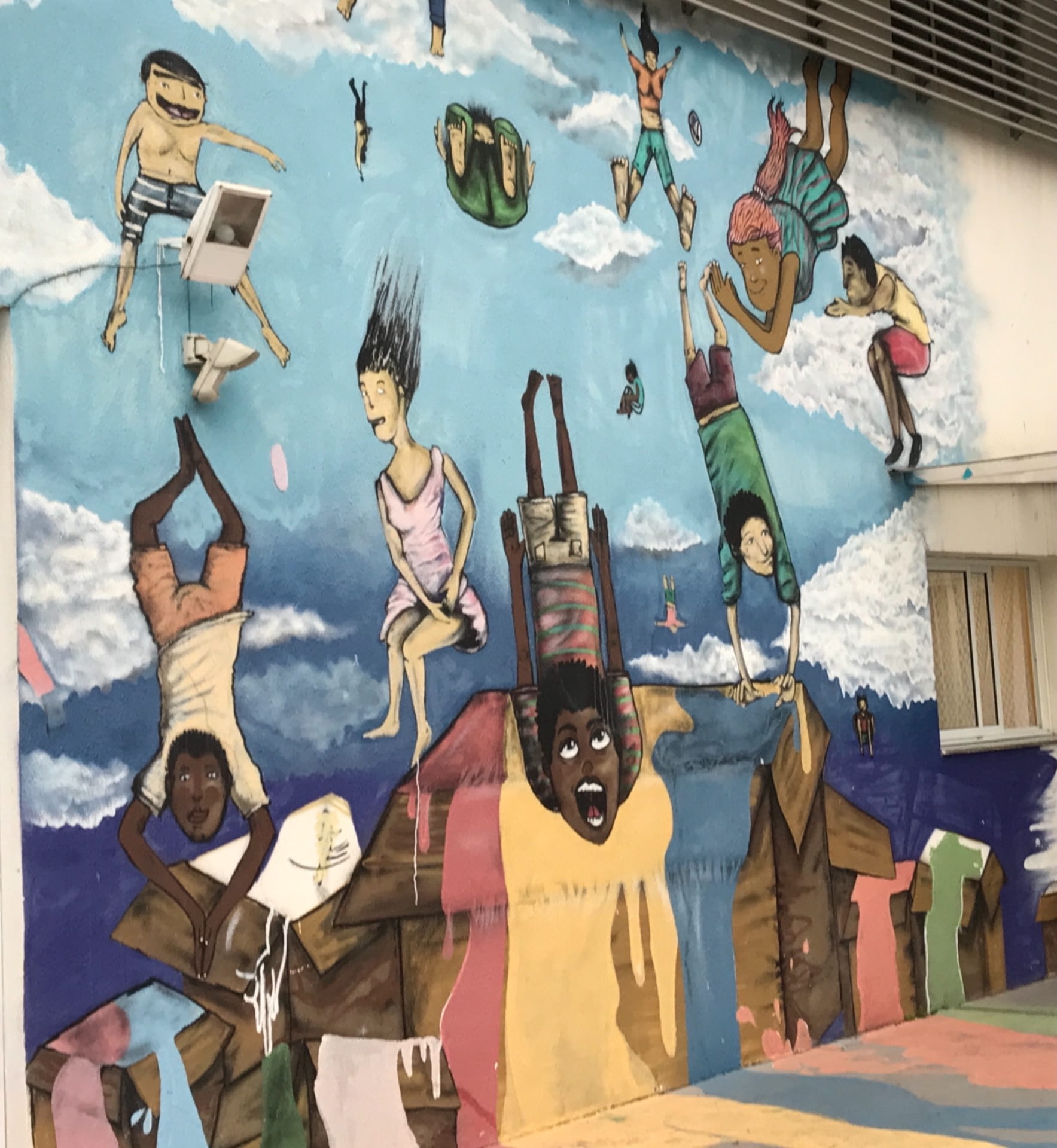Challenges of school transitions for children with autism spectrum disorders during COVID-19: A psychologist’s view
By Mariana Pacheco
As a psychologist, my work focusses on children with autism, helping their educational development and first experiences in a diverse and interactive context provided by the school environment. The beginning of the school year for an autistic child represents a work in progress to assist his particular needs and take care of his well-being during the adaptation process.
Facilitating an autistic child’s transition involves how the child perceives and interacts with the environment, how they behave and play with classmates and adults, what can they do autonomously and what they need help with. This first observation ensures an individual plan as a guide based on the child’s development and transitions process.
Due to COVID-19, all non-essential health services were closed in Brazil without any indication of when classes might return, interrupting routines and plans for socialisation and learning at school. The absence of interactions with peers, teachers, and the dynamic context experience at school resulted in behavioural stress, disorganisation and emotional issues.
An interruption in work with autistic children can significantly affect their development, but creative adjustments can allow the processes to continue. Unfortunately not every child can have online education and a new plan for return to face to face following the rules of social distancing was being developed through different methods leading beyond adapted school contents, making his home a place of learning to explore his development fully.
The pandemic times led to transitions in the home environment too; the fixed routine there changed with the lockdown, and was constantly changing. We live in times of constant change; no day is the same, and for autistic children, this impacts directly on their emotional, cognitive and behavioural development.
The adjustment to the new routine requires respect for the child’s and the professional’s time because both are experiencing ongoing transitions. As a professional, you are also living through a unique experience and have responsibility that goes beyond teaching a subject, but instead includes influencing their development and how to support with changes that continuously affect the transition process and the child’s developmental path.
The lived experiences due to the pandemic bring a range of unexplored possibilities. We have a long way to go, especially as the possibility of returning to the physical environment of the class requires flexibility in the activities, requiring an examination of new strategies, and development of theories and proposals in addition to the existing ones. This will allow us to bring new ways to live this “new normal”.
Mariana Pacheco is a psychologist who specialised in Neuroscience at the Federal University of Rio de Janeiro (Brazil) and member of the International Network of Transitions Researchers (TCELT). Mariana’s interests include the neuropsychological rehabilitation and methods applied for autism spectrum disorders. She is passionate about her work with transitions of autistic children assisting their development in the school environment, learning processes, socialisation and inclusion. She also works as a psychotherapist helping young people and adults develop better cognitive and emotional skills, reduce mental illness symptoms, and cope with various life challenges to improve their lives.
Image copyright: Divya Jindal-Snape (image taken in São Paulo)
